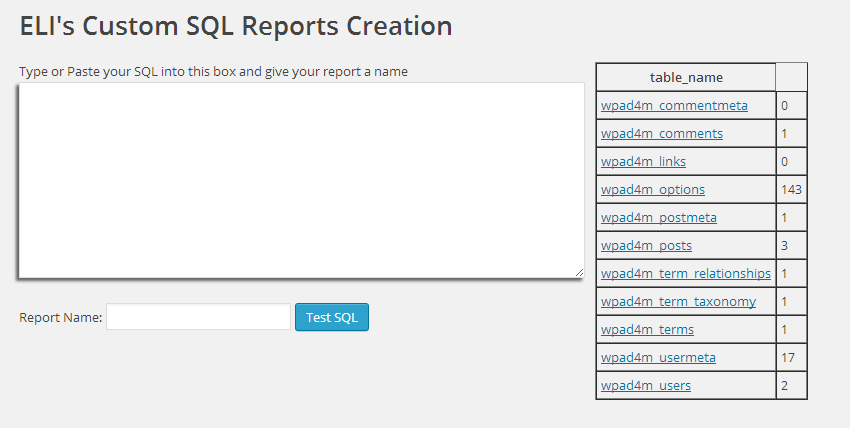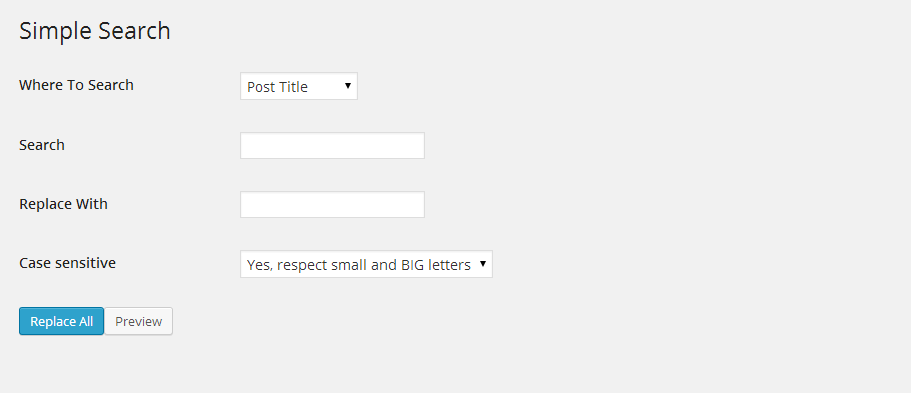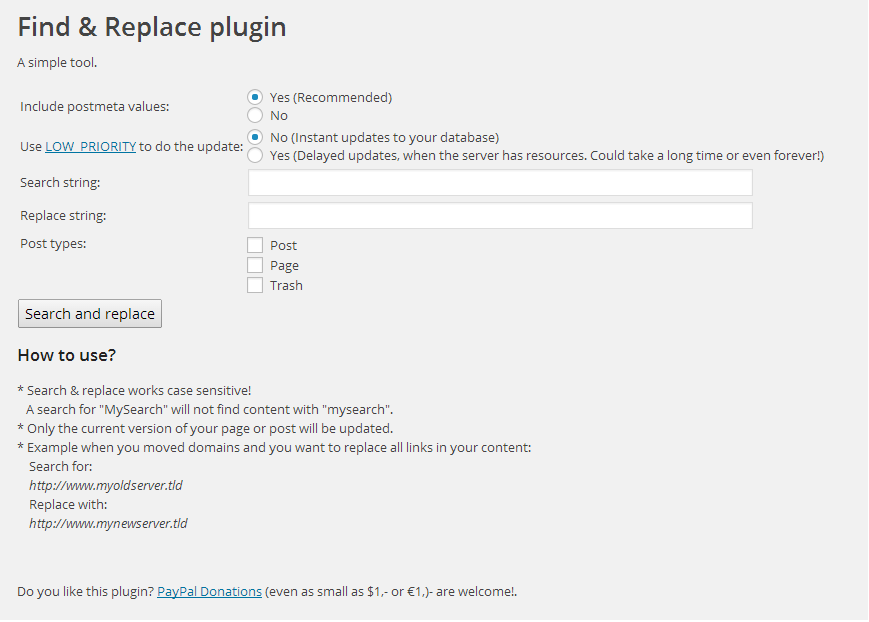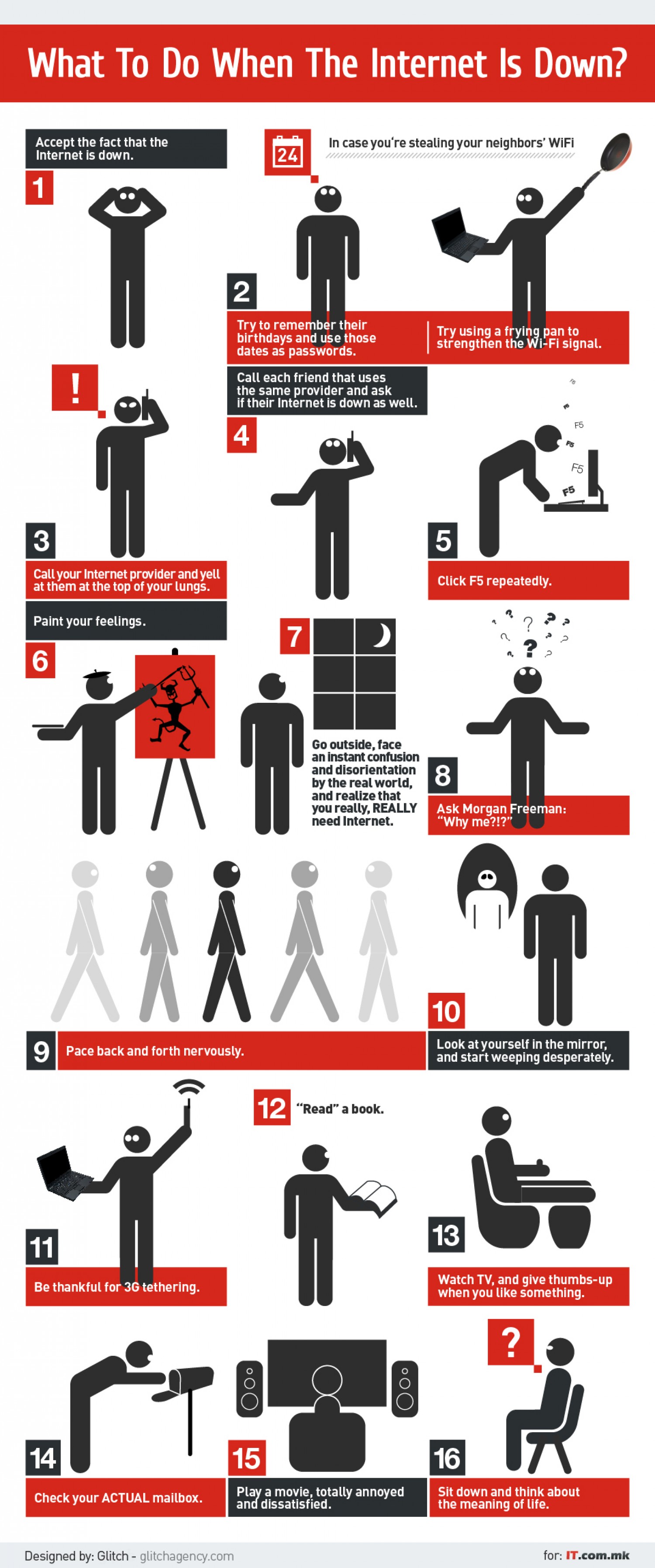In some sites more than others, I will find myself spending more time in the database or SQL side of the site as this makes for an incredibly efficient method to updating, restoring, or fixing data as opposed to using the WordPress admin interface. Sometimes you, too, may be forced to access the database directly, if you accidentally changed something like Home or Site URL (phpMyAdmin is awesome for this).
However, what if you have a client and they did not give you SQL access? What if your client does not have cPanel or phpMyAdmin? There are a variety of tools (i.e., WordPress plugins) available for you to do database stuff from WordPress (though not as fast per se).
Check out these plugins:
- MyWebSql: Allows editing/managing the WordPress database directly from within the admin panel, just like phpMyAdmin. Note, this needs the
bcmathPHP extension as well asgmp&opensslextensions. If you don't have these extensions, try changing SECURE_LOGIN to false as directed here.

- Adminer ([plugin_info slug="adminer" data="downloaded"]): [plugin_info slug="adminer" data="short_description"] (Thanks Jason!)

- Search and Replace ([plugin_info slug="search-and-replace" data="downloaded"]): [plugin_info slug="search-and-replace" data="short_description"]

- Search Regex ([plugin_info slug="search-regex" data="downloaded"]): [plugin_info slug="search-regex" data="short_description"]ort.

- SQL Executioner ([plugin_info slug="sql-executioner" data="downloaded"]): [plugin_info slug="sql-executioner" data="short_description"]

- Edit Any Table ([plugin_info slug="edit-any-table" data="downloaded"]): [plugin_info slug="edit-any-table" data="short_description"]

- WP Clean Up ([plugin_info slug="wp-clean-up" data="downloaded"]): [plugin_info slug="wp-clean-up" data="short_description"]

- ELI's SQL Admin Reports Shortcode and DB Backup ([plugin_info slug="elisqlreports" data="downloaded"]): [plugin_info slug="elisqlreports" data="short_description"]

- Safe Search and Replace ([plugin_info slug="safe-search-replace" data="downloaded"]): [plugin_info slug="safe-search-replace" data="short_description"]

- Find replace ([plugin_info slug="find-replace" data="downloaded"]): [plugin_info slug="find-replace" data="short_description"]

Other Plugins include:
- dbview ([plugin_info slug="dbview" data="downloaded"]): [plugin_info slug="dbview" data="short_description"]

- WP MySQL Console (hasn't been updated in over 2 years) ([plugin_info slug="wp=mysql-console" data="downloaded"]): [plugin_info slug="wp-mysql-console" data="short_description"]



